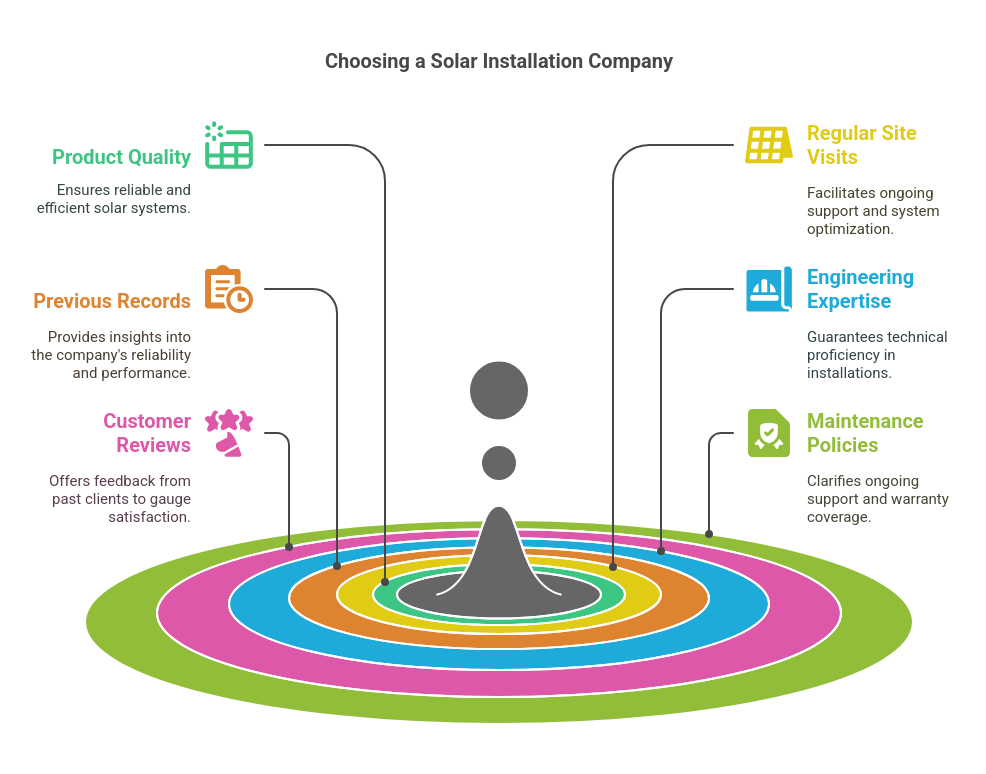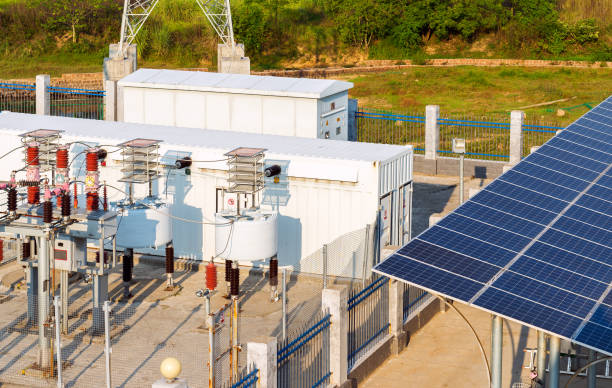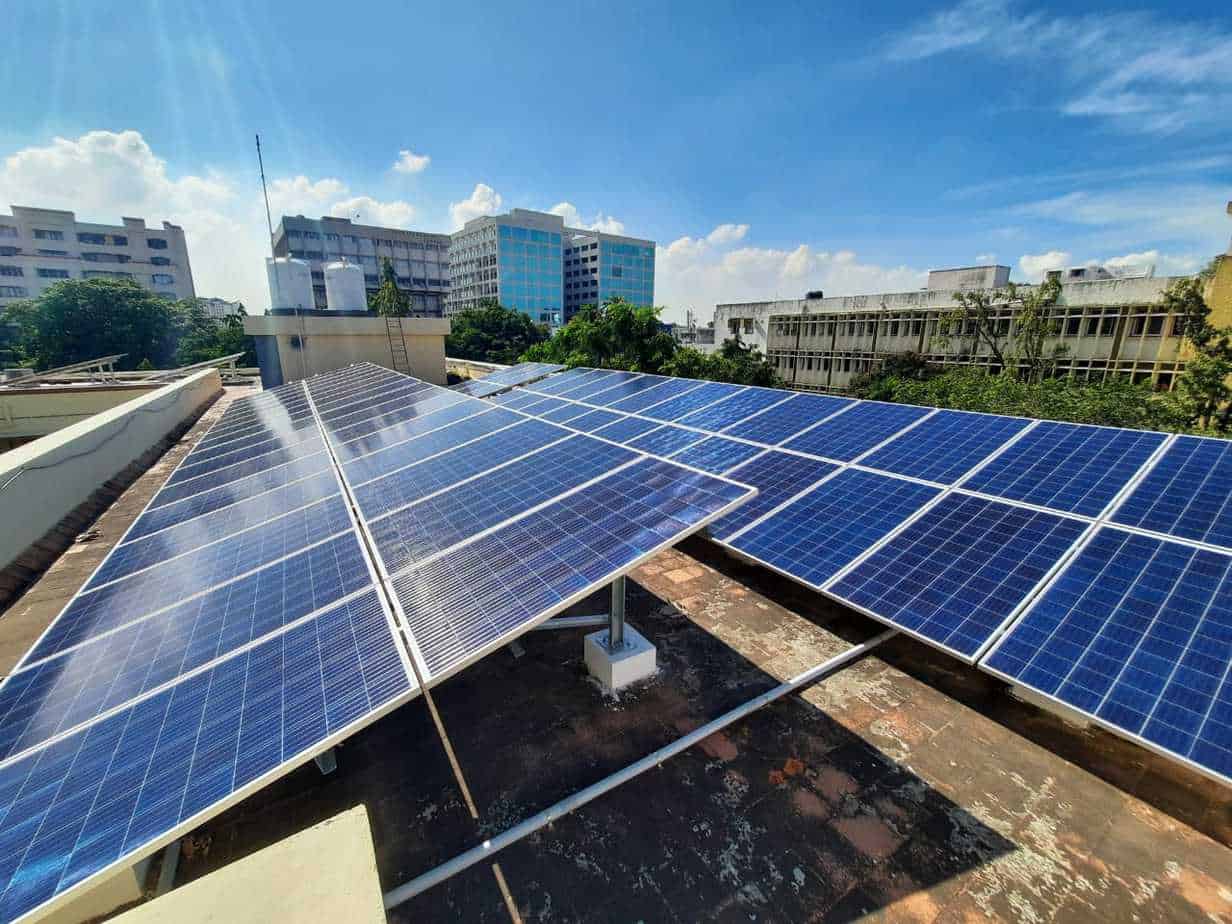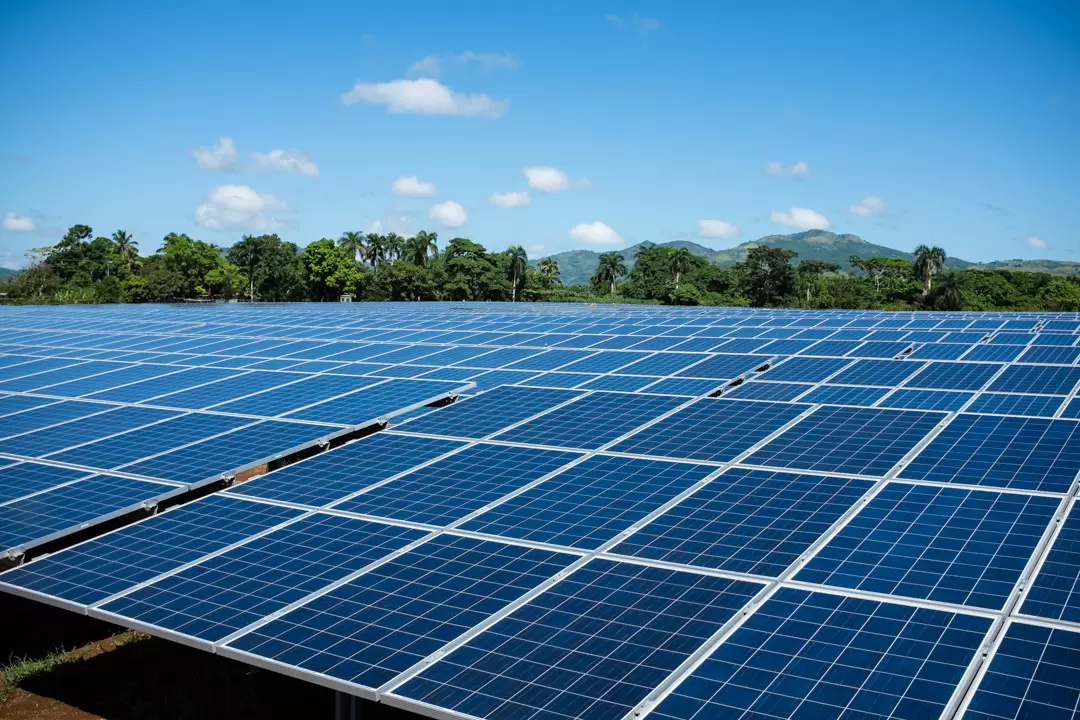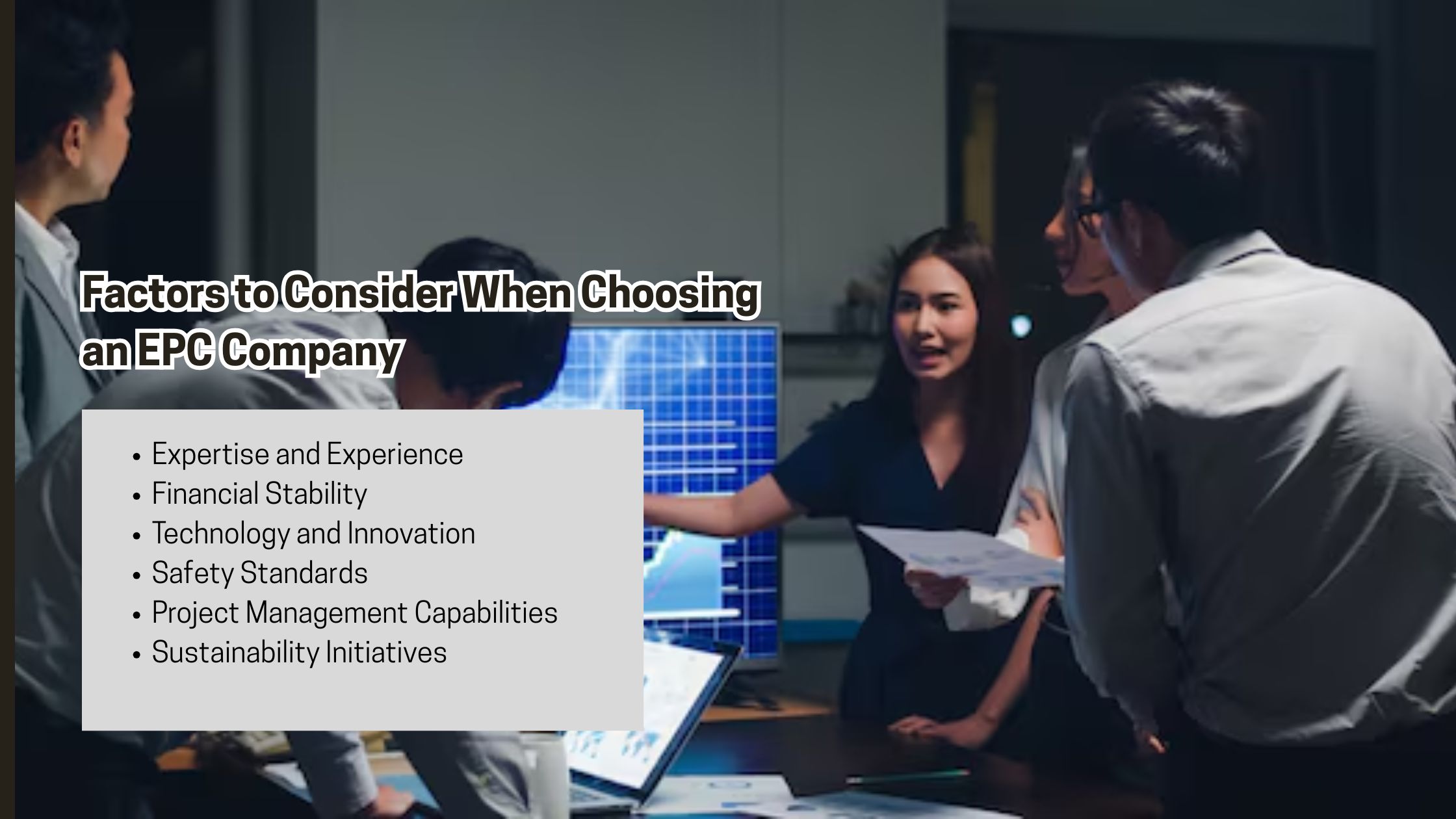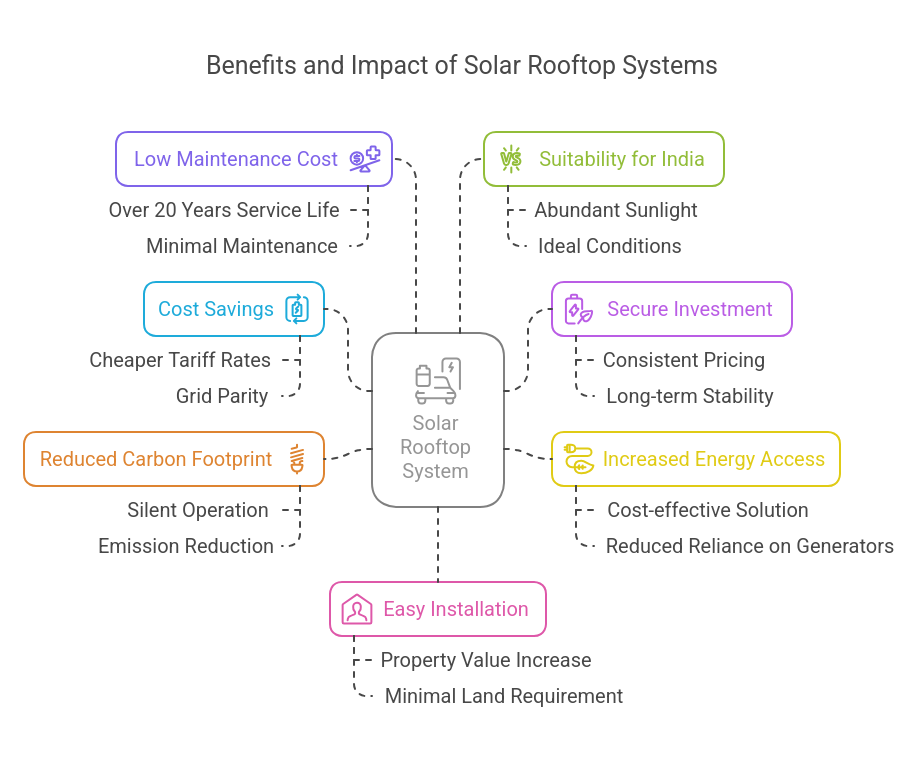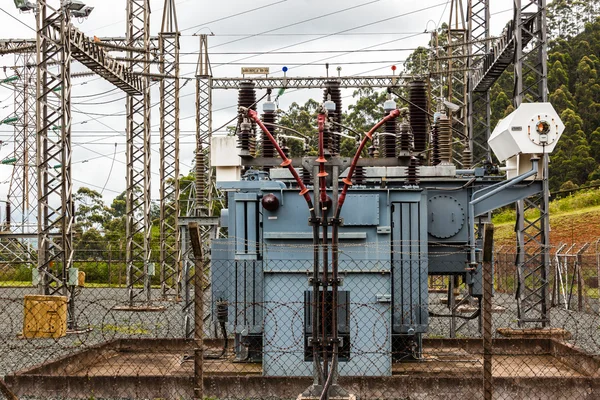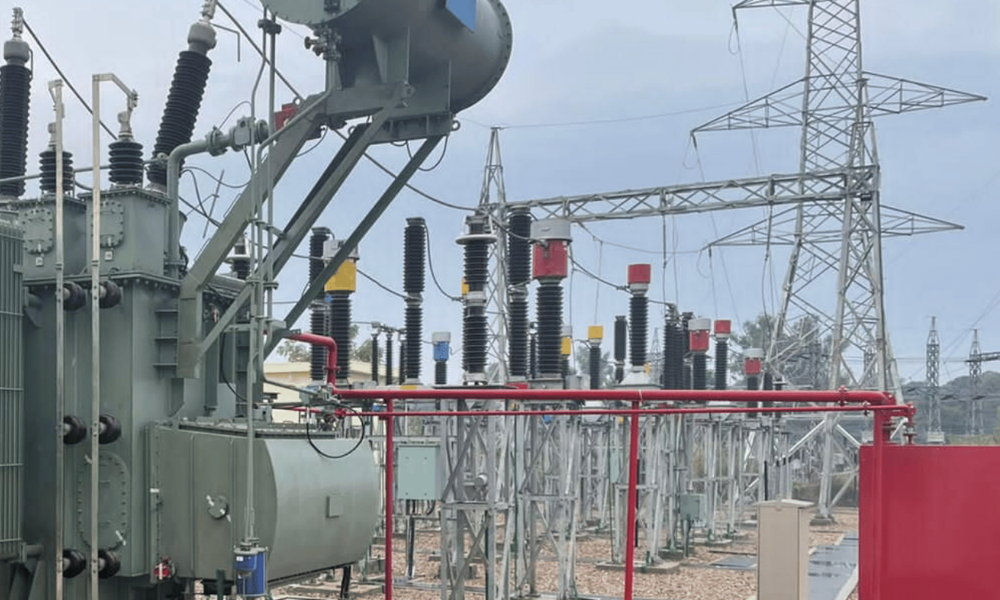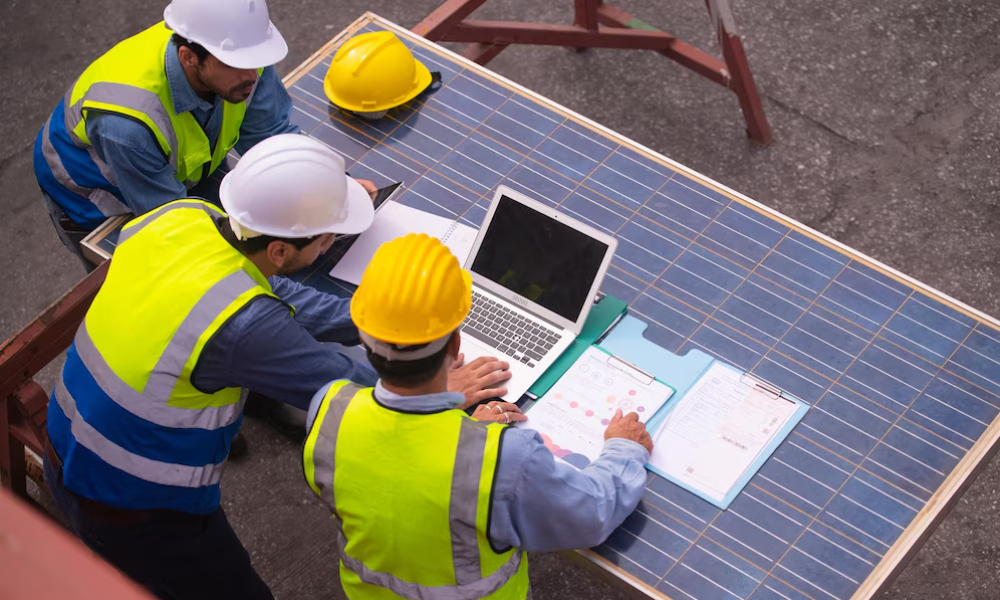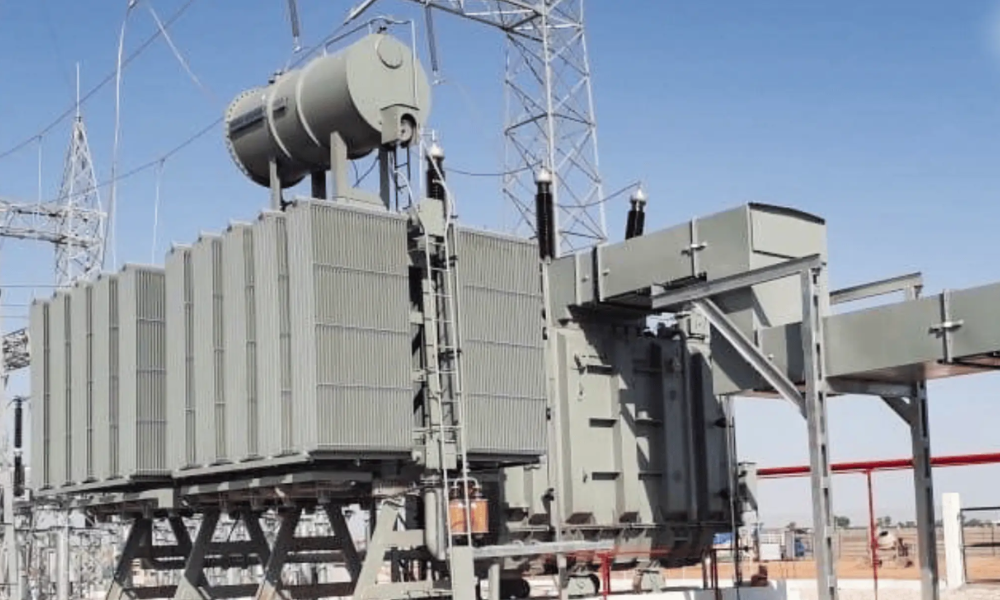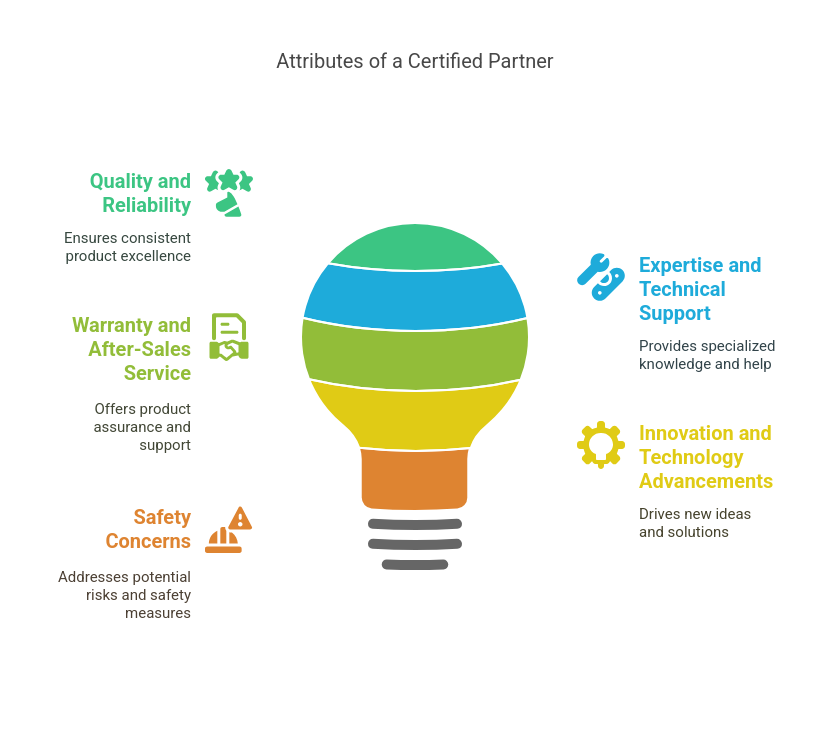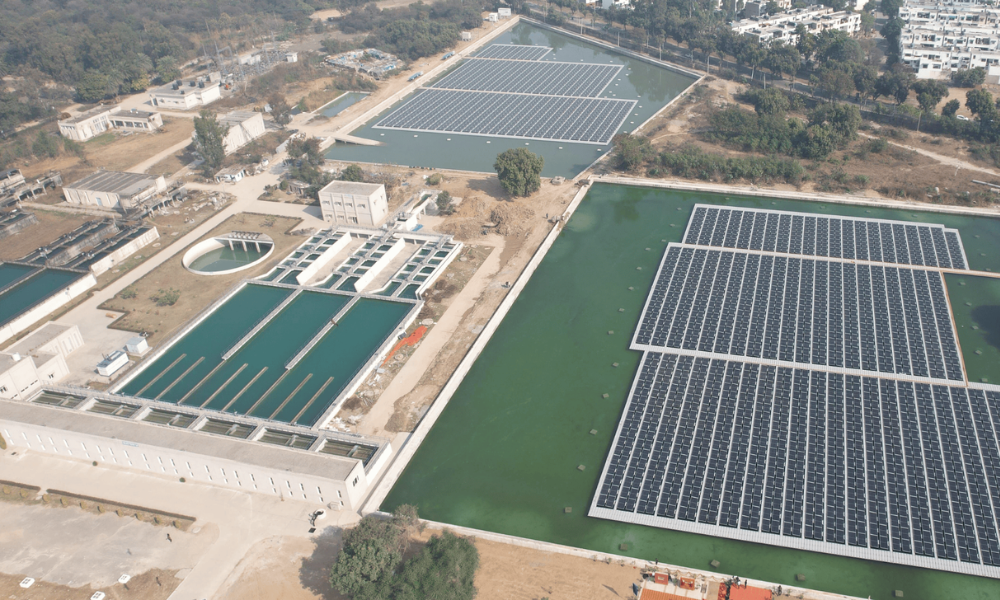- 3D Printing:
EPC contractors are now leveraging the potential of 3D printing, which is still in its initial stage. There have been some prototype constructions or developments done with the concept of printing concrete.
- AR & VR:
The use of AR & VR technology has helped the EPC companies set up site visits without the need for actually being present at the location. Determining the operability or constructability of the site before starting with the operations is now easy with this technology.
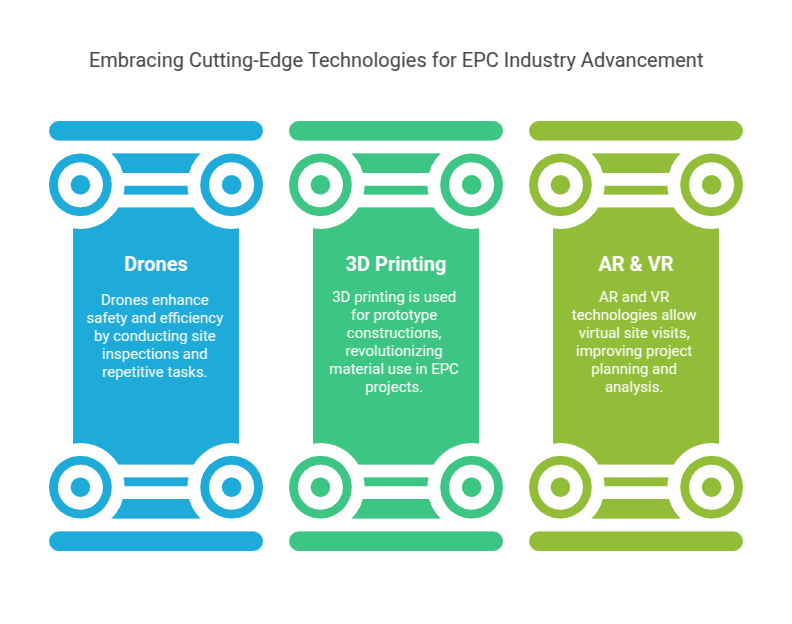
Beyond these technological solutions that are already in practice, some of the other advancements that are in the pipeline to be used soon by the EPC sector are automation, digitization, Building Information Modelling, and others.
EPC companies have made up their mind to develop smarter and leaner organisations. With the ideal government support for innovation in the Indian EPC industry, the companies are restructuring their operational approaches with a clear focus on technology and customers. Every business intends to achieve its specific goals by adopting the latest technologies and their associated solutions.
The use of these technologies, such as AR & VR, 3D Printing and Drones, has already disrupted the standard value chain. These shifts in the adoption of modern solutions are already noticeable among the EPC players, and this shall continue to grow. It is very evident that all of these pervasive tech advancements will demand modern ways of running tests or simulation scenarios.
Good Governance of the EPC Companies Has Helped Them Gain Competitive Edge
Sound governance is fast becoming an essential building block in the changing environment around EPC companies. There has been an indication of a competitive advantage of companies that promote transparent, ethical, and responsible decision-making processes. These practices build trust with stakeholders, and they make certain that projects are completed ethically and on time. Leading EPC contractors intertwine the principles of good governance with the complexities of engineering procurement and, in doing so, define the industry standard as well as promote innovative approaches that serve clients better, helping them to create a niche in the competitive market environment.
What are the Benefits Associated with Hiring an EPC Contractor?
With the ideology of boosting innovations in the construction sector, Engineering Procurement Construction companies are providing numerous benefits to clients or customers in terms of flexibility, reliability and other aspects. Some of those benefits are:
- Customers, clients or businesses will have to spend minimal time or resources on the project, as they don’t have to stress any aspect of the construction project. It is the EPC contractor who would be responsible for sourcing materials, planning the project, executing it and delivering you the final output.
- With EPC companies, you can get a single team of experts and won’t have to deal with multiple contractors for diverse aspects of a construction project. Moreover, having just a single team would reduce the additional expenses.
- Completion deadlines can be ensured or fixed easily when you have dedicated EPC experts backing your project. Everything will depend on the single company, and they will ensure they comply with all the contract rules or compensate for anything that goes wrong.
- EPC modality is something that allows you to have better control over risks, as there are just fewer resources or processes involved in getting your project started and supervised.
- Handing out the operations and maintenance tasks to the same EPC company that developed the project is a winning strategy. It is because, as they are aware of their own installations with utmost precision, they would find it easier to prevent or solve any kind of unforeseen events.
Conclusion
This is a clear depiction of how EPC companies have been the core contributors to boosting innovations in the construction world. Not only that, but they have been helping businesses or clients with utmost proficiency to get done with their projects on time, without any risks or disruptions in the entire process.
At HARTEK, we are dedicated to offering astounding EPC services and are extending our working efficiency by adopting newer technologies. Following that, we have adopted ways to help businesses, clients or the nation in terms of infrastructure and economic development. We have been in this industry for quite a while and have been putting immense effort on our end to positively scale the reputation of this sector.
To learn more about our proficiency in the EPC domain, come connect with us right away!
Frequently Asked Questions
1. What are EPC companies, and how do they function?
EPC (Engineering, Procurement, and Construction) companies handle entire projects from planning to execution, providing a single-source solution for construction needs.
2. How are EPC companies driving innovation in construction?
EPC companies adopt cutting-edge technologies like AR, VR, drones, 3D printing, and automation to improve efficiency, safety, and project management.
3. What are the benefits of hiring an EPC contractor?
EPC contractors streamline projects by reducing costs, ensuring timely delivery, minimizing risks, and handling all aspects of construction under one contract.
4. How does good governance impact EPC companies?
Transparent and ethical decision-making helps EPC companies build trust, gain a competitive edge, and ensure compliance with regulations for smooth project execution.
5. What is the future of EPC companies in India?
With government support and rapid tech adoption, EPC companies will continue to drive urbanization, infrastructure growth, and economic development in India.
- Drones:
The robotic arms being used in the process of site inspections and for conducting repetitive tasks have reduced the requirement of human labourers to risk their lives while conducting them.
- 3D Printing:
EPC contractors are now leveraging the potential of 3D printing, which is still in its initial stage. There have been some prototype constructions or developments done with the concept of printing concrete.
- AR & VR:
The use of AR & VR technology has helped the EPC companies set up site visits without the need for actually being present at the location. Determining the operability or constructability of the site before starting with the operations is now easy with this technology.

Beyond these technological solutions that are already in practice, some of the other advancements that are in the pipeline to be used soon by the EPC sector are automation, digitization, Building Information Modelling, and others.
EPC companies have made up their mind to develop smarter and leaner organisations. With the ideal government support for innovation in the Indian EPC industry, the companies are restructuring their operational approaches with a clear focus on technology and customers. Every business intends to achieve its specific goals by adopting the latest technologies and their associated solutions.
The use of these technologies, such as AR & VR, 3D Printing and Drones, has already disrupted the standard value chain. These shifts in the adoption of modern solutions are already noticeable among the EPC players, and this shall continue to grow. It is very evident that all of these pervasive tech advancements will demand modern ways of running tests or simulation scenarios.
Good Governance of the EPC Companies Has Helped Them Gain Competitive Edge
Sound governance is fast becoming an essential building block in the changing environment around EPC companies. There has been an indication of a competitive advantage of companies that promote transparent, ethical, and responsible decision-making processes. These practices build trust with stakeholders, and they make certain that projects are completed ethically and on time. Leading EPC contractors intertwine the principles of good governance with the complexities of engineering procurement and, in doing so, define the industry standard as well as promote innovative approaches that serve clients better, helping them to create a niche in the competitive market environment.
What are the Benefits Associated with Hiring an EPC Contractor?
With the ideology of boosting innovations in the construction sector, Engineering Procurement Construction companies are providing numerous benefits to clients or customers in terms of flexibility, reliability and other aspects. Some of those benefits are:
- Customers, clients or businesses will have to spend minimal time or resources on the project, as they don’t have to stress any aspect of the construction project. It is the EPC contractor who would be responsible for sourcing materials, planning the project, executing it and delivering you the final output.
- With EPC companies, you can get a single team of experts and won’t have to deal with multiple contractors for diverse aspects of a construction project. Moreover, having just a single team would reduce the additional expenses.
- Completion deadlines can be ensured or fixed easily when you have dedicated EPC experts backing your project. Everything will depend on the single company, and they will ensure they comply with all the contract rules or compensate for anything that goes wrong.
- EPC modality is something that allows you to have better control over risks, as there are just fewer resources or processes involved in getting your project started and supervised.
- Handing out the operations and maintenance tasks to the same EPC company that developed the project is a winning strategy. It is because, as they are aware of their own installations with utmost precision, they would find it easier to prevent or solve any kind of unforeseen events.
Conclusion
This is a clear depiction of how EPC companies have been the core contributors to boosting innovations in the construction world. Not only that, but they have been helping businesses or clients with utmost proficiency to get done with their projects on time, without any risks or disruptions in the entire process.
At HARTEK, we are dedicated to offering astounding EPC services and are extending our working efficiency by adopting newer technologies. Following that, we have adopted ways to help businesses, clients or the nation in terms of infrastructure and economic development. We have been in this industry for quite a while and have been putting immense effort on our end to positively scale the reputation of this sector.
To learn more about our proficiency in the EPC domain, come connect with us right away!
Frequently Asked Questions
1. What are EPC companies, and how do they function?
EPC (Engineering, Procurement, and Construction) companies handle entire projects from planning to execution, providing a single-source solution for construction needs.
2. How are EPC companies driving innovation in construction?
EPC companies adopt cutting-edge technologies like AR, VR, drones, 3D printing, and automation to improve efficiency, safety, and project management.
3. What are the benefits of hiring an EPC contractor?
EPC contractors streamline projects by reducing costs, ensuring timely delivery, minimizing risks, and handling all aspects of construction under one contract.
4. How does good governance impact EPC companies?
Transparent and ethical decision-making helps EPC companies build trust, gain a competitive edge, and ensure compliance with regulations for smooth project execution.
5. What is the future of EPC companies in India?
With government support and rapid tech adoption, EPC companies will continue to drive urbanization, infrastructure growth, and economic development in India.
On a global note, construction is considerably the second largest industry. Construction comes alongside procurement and engineering as default inclusions, which makes the EPC sector an important part of it. With technological advancements over time, the EPC sector buckled up and assisted the construction industry in India to support urbanisation and innovative infrastructure projects.
Innovation in the Indian EPC industry has always aligned with the ability of the key players to adopt recent developments at an immensely fast rate. The top EPC companies have pledged to support innovation in the future and bring in more development proficiencies to the infrastructure projects of India.
With this, let’s dive deeper into understanding what would be the future of EPC companies in the pathway of booming innovation.
Technological Growth of EPC Companies in Pursuit of Boosting Innovation
The scope of sustainable innovation in the Indian EPC industry is strongly reliant on technological evolutions in the past decade. Some of the latest technologies that the EPC companies are using on priority in the modern era are:
- Drones:
The robotic arms being used in the process of site inspections and for conducting repetitive tasks have reduced the requirement of human labourers to risk their lives while conducting them.
- 3D Printing:
EPC contractors are now leveraging the potential of 3D printing, which is still in its initial stage. There have been some prototype constructions or developments done with the concept of printing concrete.
- AR & VR:
The use of AR & VR technology has helped the EPC companies set up site visits without the need for actually being present at the location. Determining the operability or constructability of the site before starting with the operations is now easy with this technology.

Beyond these technological solutions that are already in practice, some of the other advancements that are in the pipeline to be used soon by the EPC sector are automation, digitization, Building Information Modelling, and others.
EPC companies have made up their mind to develop smarter and leaner organisations. With the ideal government support for innovation in the Indian EPC industry, the companies are restructuring their operational approaches with a clear focus on technology and customers. Every business intends to achieve its specific goals by adopting the latest technologies and their associated solutions.
The use of these technologies, such as AR & VR, 3D Printing and Drones, has already disrupted the standard value chain. These shifts in the adoption of modern solutions are already noticeable among the EPC players, and this shall continue to grow. It is very evident that all of these pervasive tech advancements will demand modern ways of running tests or simulation scenarios.
Good Governance of the EPC Companies Has Helped Them Gain Competitive Edge
Sound governance is fast becoming an essential building block in the changing environment around EPC companies. There has been an indication of a competitive advantage of companies that promote transparent, ethical, and responsible decision-making processes. These practices build trust with stakeholders, and they make certain that projects are completed ethically and on time. Leading EPC contractors intertwine the principles of good governance with the complexities of engineering procurement and, in doing so, define the industry standard as well as promote innovative approaches that serve clients better, helping them to create a niche in the competitive market environment.
What are the Benefits Associated with Hiring an EPC Contractor?
With the ideology of boosting innovations in the construction sector, Engineering Procurement Construction companies are providing numerous benefits to clients or customers in terms of flexibility, reliability and other aspects. Some of those benefits are:
- Customers, clients or businesses will have to spend minimal time or resources on the project, as they don’t have to stress any aspect of the construction project. It is the EPC contractor who would be responsible for sourcing materials, planning the project, executing it and delivering you the final output.
- With EPC companies, you can get a single team of experts and won’t have to deal with multiple contractors for diverse aspects of a construction project. Moreover, having just a single team would reduce the additional expenses.
- Completion deadlines can be ensured or fixed easily when you have dedicated EPC experts backing your project. Everything will depend on the single company, and they will ensure they comply with all the contract rules or compensate for anything that goes wrong.
- EPC modality is something that allows you to have better control over risks, as there are just fewer resources or processes involved in getting your project started and supervised.
- Handing out the operations and maintenance tasks to the same EPC company that developed the project is a winning strategy. It is because, as they are aware of their own installations with utmost precision, they would find it easier to prevent or solve any kind of unforeseen events.
Conclusion
This is a clear depiction of how EPC companies have been the core contributors to boosting innovations in the construction world. Not only that, but they have been helping businesses or clients with utmost proficiency to get done with their projects on time, without any risks or disruptions in the entire process.
At HARTEK, we are dedicated to offering astounding EPC services and are extending our working efficiency by adopting newer technologies. Following that, we have adopted ways to help businesses, clients or the nation in terms of infrastructure and economic development. We have been in this industry for quite a while and have been putting immense effort on our end to positively scale the reputation of this sector.
To learn more about our proficiency in the EPC domain, come connect with us right away!
Frequently Asked Questions
1. What are EPC companies, and how do they function?
EPC (Engineering, Procurement, and Construction) companies handle entire projects from planning to execution, providing a single-source solution for construction needs.
2. How are EPC companies driving innovation in construction?
EPC companies adopt cutting-edge technologies like AR, VR, drones, 3D printing, and automation to improve efficiency, safety, and project management.
3. What are the benefits of hiring an EPC contractor?
EPC contractors streamline projects by reducing costs, ensuring timely delivery, minimizing risks, and handling all aspects of construction under one contract.
4. How does good governance impact EPC companies?
Transparent and ethical decision-making helps EPC companies build trust, gain a competitive edge, and ensure compliance with regulations for smooth project execution.
5. What is the future of EPC companies in India?
With government support and rapid tech adoption, EPC companies will continue to drive urbanization, infrastructure growth, and economic development in India.
